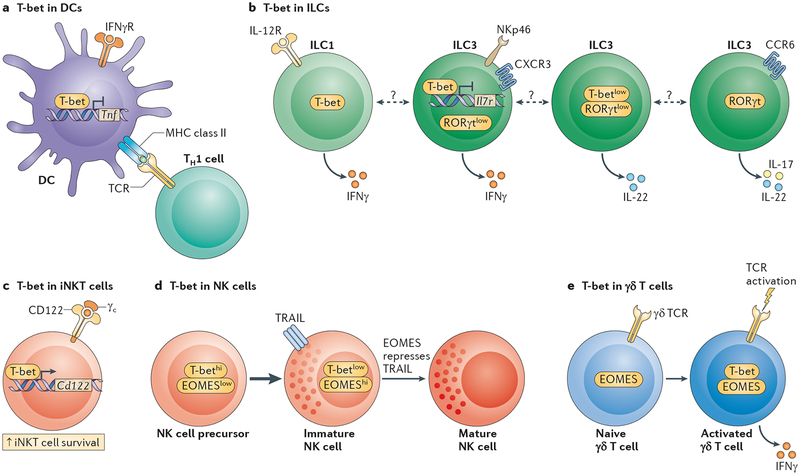Figure 2 |. T-bet in innate immune cells.
a | T-bet expression in dendritic cells (DCs) is required to properly prime T helper 1 (TH1) cells. T-bet suppresses tumour necrosis factor (TNF) production in colonic DCs and this is required for the maintenance of mucosal homeostasis. b | T-bet is expressed in the innate lymphoid cell 1 (ILC1) subset, which is characterized by the sole production of interferon-γ (IFNγ). ILC3s are dependent on the expression of retinoic acid receptor-related orphan receptor-γt (RORγt) and can be subdivided into CC-chemokine receptor 6 (CCR6)+ and CCR6– subsets. CCR6− ILC3s express T-bet. High T-bet expression in these cells is associated with low RORγt and interleukin-7 receptor (IL-7R) expression, and high expression of NK cell p46-related protein (NKp46), CXC-chemokine receptor 3 (CXCR3) and IFNγ. Low T-bet expression in the CCR6− ILC3 subset is associated with IL-22 expression and low or no expression of NKp46 and IFNγ. CCR6+ ILC3s do not express T-bet but express IL-17 and IL-22. The lineage inter-relationships of these different subpopulations are incompletely defined. c | T-bet expression in invariant natural killer T (iNKT) cells promotes their survival through the regulation of CD122 (also known as IL-15Rβ) expression. d | T-bet and eomesodermin (EOMES) regulate the maturation process of NK cells in a coordinated fashion. T-bet is expressed at an immature stage of differentiation that is characterized by TNF-related apoptosis-inducing ligand (TRAIL) expression. EOMES expression is required to silence TRAIL expression and to complete the maturation process of NK cells. e | T-bet is not expressed in naive γδ T cells. Its expression is rapidly induced following T cell receptor (TCR) engagement. Together with EOMES, T-bet regulates IFNγ production in mature γδ T cells. Dashed line indicates that the developmental relationship between these cells is unclear. γc, common cytokine receptor γ-chain; IFNγR, IFNγ receptor.

